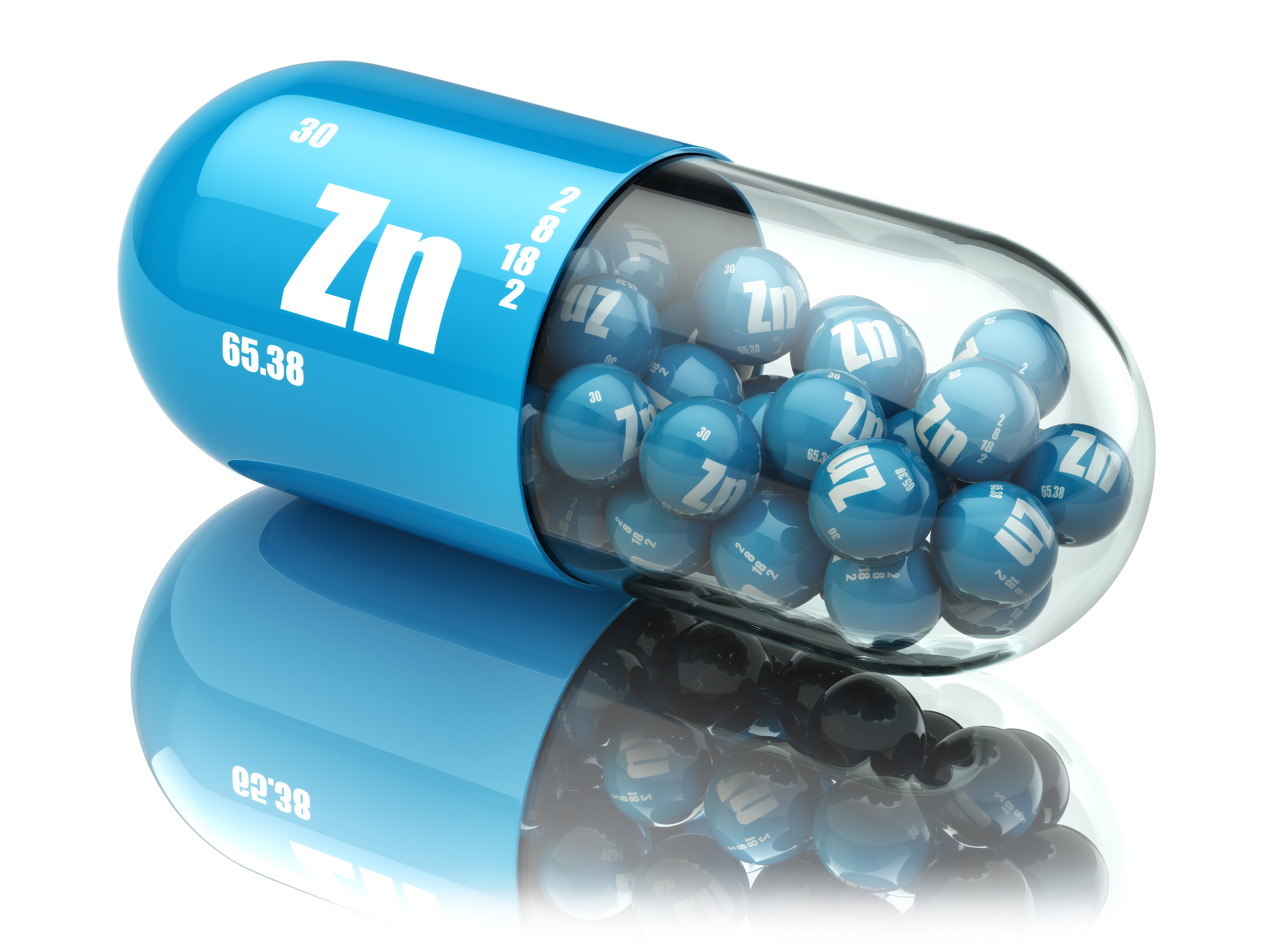Get Easy Health Digest™ in your inbox and don’t miss a thing when you subscribe today. Plus, get the free bonus report, Mother Nature’s Tips, Tricks and Remedies for Cholesterol, Blood Pressure & Blood Sugar as my way of saying welcome to the community!
The long reach of a zinc deficiency

As you age and your immune system becomes weaker, seemingly minor illnesses that you once brushed off can suddenly begin doing serious damage to your health. In some cases, they can even be deadly. Luckily, you can lessen the toll age takes on immunity with the help of a little zinc.
Zinc plays a key role in cell division and growth, meaning the metal is essential to your body’s ability to build proteins and maintain enzymes that help with all manner of healing processes. Because of its strong impact on the mechanisms which promote healing, zinc also contributes to supporting your immune system in a major way.
Zinc deficiency is not currently a widespread problem in the United States — but researchers have found that older adults are at an elevated risk of not getting enough of this essential nutrient in their diets. In a recent study of nursing home patients age 65 and older, doctors discovered that 30 percent had low zinc levels.
Sadly, those 30 percent of patients with too little zinc also had a significantly higher rate of serious infections, including deadly cases of pneumonia.
And the researchers noted that this is not a problem faced only by seniors in nursing facilities.
But the doctors also pointed out that many of the zinc-deficient patients they examined in the nursing home study were able to reach sufficient levels of zinc intake, and consequently improve their immunity against illness and infection, with supplementation.
Signs of a zinc deficiency
If you are wondering whether you may have a zinc deficiency in your daily diet, here are a few telltale signs:
- Reoccurring skin sores
- Hair loss
- Poor appetite
- Night blindness
- Difficulty with smell or taste
- Frequent infections
- Slow wound healing
- White spots in the fingernails
- Dandruff
- Acne
You may also be surprised to learn that if you suffer from gastrointestinal problems such as irritable bowel syndrome, ulcerative colitis or Crohn’s disease, there’s also a good chance your zinc levels are low. These conditions inhibit your body’s ability to absorb nutrients from the foods you eat.
People who consume low protein or vegetable-based diets are also more likely to have lower than ideal zinc levels. If you’re still unsure of your levels, check with your doctor or check out this at-home method.
Related: Zinc fights more than colds… it fights cancer
Increasing the level of zinc in your body can be achieved by making minor diet changes, taking a daily supplement or a combination of the two.
But keep in mind, your body isn’t designed to store zinc for long periods — so whatever you opt to do to overcome a zinc deficiency, you need to make a daily habit.
Fight back with the right foods
Foods you can consume to get a healthy dose of zinc include:
- Shellfish such as crab, lobster and oysters
- Lean beef
- Pork chops and loin
- Nuts such as cashews and almonds
- Dark meat from chicken
- Kidney beans
- Flounder
- Eggs
If you opt for a daily dietary supplement to increase your zinc intake, there are several available types. Look for a variety called chelated zinc or zinc chelate for best absorption. Chelation binds organic molecules to the metallic mineral to increase its bioavailability.
In the nursing home study, patients who received a daily supplement containing 30 mg of zinc showed the most marked improvements.












